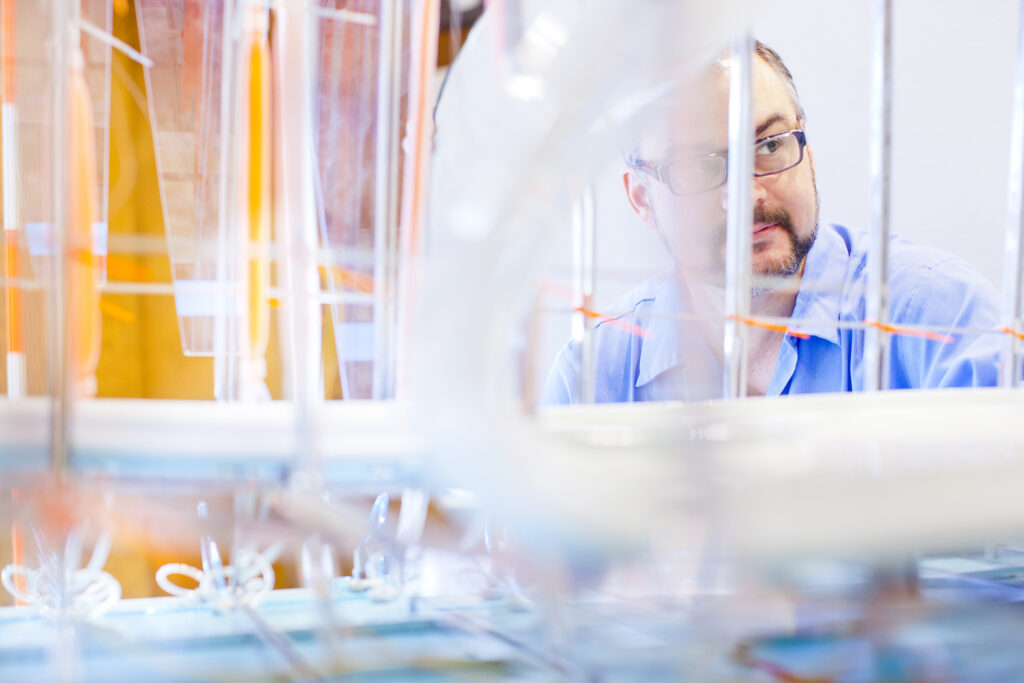The primary objective of the UC MEXUS-CONACYT Postdoctoral Research Fellowship Program is to advance academic scholarship by emerging Mexican researchers and UC scientists and scholars in the early stages of their careers, after obtaining their Ph.D. In addition, the program seeks to support existing or developing binational academic networks by enhancing collaborative research projects between UC and Mexican faculty and institutions through the innovative involvement and training of new researchers. The postdoctoral fellows, home or graduating departments and institutions, and their hosts, host departments and institution/campuses are listed below.

Carla José Berrospe Rodríguez
Marcela Cecilia Briones Martín del Campo
Biología Molecular, Instituto Potosino de Investigación Científica y Tecnológica (Host: E. Alejandro Sweet-Cordero, Pediatrics,UC San Francisco). The Long Non-coding RNAs EWSAT1 and EWSAT2 Participate in Transcriptional Dysregulation of EWS/FLI Targets Genes in Ewing Sarcoma/Los ARN Largos No-codificantes EWSAT1 y EWSAT2 Participan en la Desregulación Transcripcional de Los Genes Blanco de EWS/FLI en el Sarcoma de Ewing.
*Winner of the UC MEXUS Monarch Award for the most outstanding postdoctoral research proposal.

